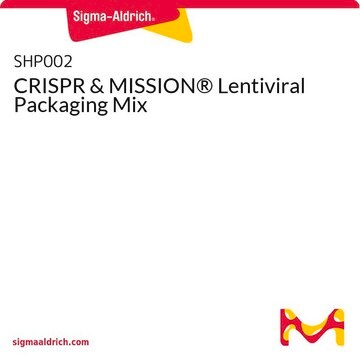MABS496
Anti-Mineralocorticoid Receptor Antibody, clone 6G1
clone 6G1, from mouse
Synonyme(s) :
MR, Nuclear receptor subfamily 3 group C member 2, Mineralocorticoid Receptor
About This Item
Produits recommandés
Source biologique
mouse
Niveau de qualité
Forme d'anticorps
purified immunoglobulin
Type de produit anticorps
primary antibodies
Clone
6G1, monoclonal
Espèces réactives
rat, mouse
Technique(s)
immunocytochemistry: suitable
immunohistochemistry: suitable
western blot: suitable
Isotype
IgG1
Numéro d'accès NCBI
Numéro d'accès UniProt
Conditions d'expédition
wet ice
Modification post-traductionnelle de la cible
unmodified
Informations sur le gène
mouse ... Nr3C2(110784)
Description générale
Spécificité
Immunogène
Application
Immunocytochemistry Analysis: A representative lot detected Mineralocorticoid Receptor in mouse kidney cells (Shibata, S., et al. (2013). Cell Metabolism. 18:660-671).
Western Blotting Analysis: A representative lot detected Mineralocorticoid Receptor in rat hippocampal tissue lysate (Gomez-Sanchez, C.E., et al. (2006). Endocrinology. 147(3):1343-1348).
Western Blotting Analysis: A representative lot detected endogenous Mineralocorticoid Receptor (MR) in mouse kidney and exogenously expressed human MR in transfected COS-7 cells (Shibata, S., et al. (2013) Cell Metab. 18(5):660-671).
Qualité
Western Blotting Analysis: A 1:1,000 dilution of this antibody detected Mineralocorticoid Receptor in 10 µg of M1MR cell lysate.
Description de la cible
Forme physique
Autres remarques
Vous ne trouvez pas le bon produit ?
Essayez notre Outil de sélection de produits.
Code de la classe de stockage
12 - Non Combustible Liquids
Classe de danger pour l'eau (WGK)
WGK 1
Point d'éclair (°F)
Not applicable
Point d'éclair (°C)
Not applicable
Certificats d'analyse (COA)
Recherchez un Certificats d'analyse (COA) en saisissant le numéro de lot du produit. Les numéros de lot figurent sur l'étiquette du produit après les mots "Lot" ou "Batch".
Déjà en possession de ce produit ?
Retrouvez la documentation relative aux produits que vous avez récemment achetés dans la Bibliothèque de documents.
Notre équipe de scientifiques dispose d'une expérience dans tous les secteurs de la recherche, notamment en sciences de la vie, science des matériaux, synthèse chimique, chromatographie, analyse et dans de nombreux autres domaines..
Contacter notre Service technique







